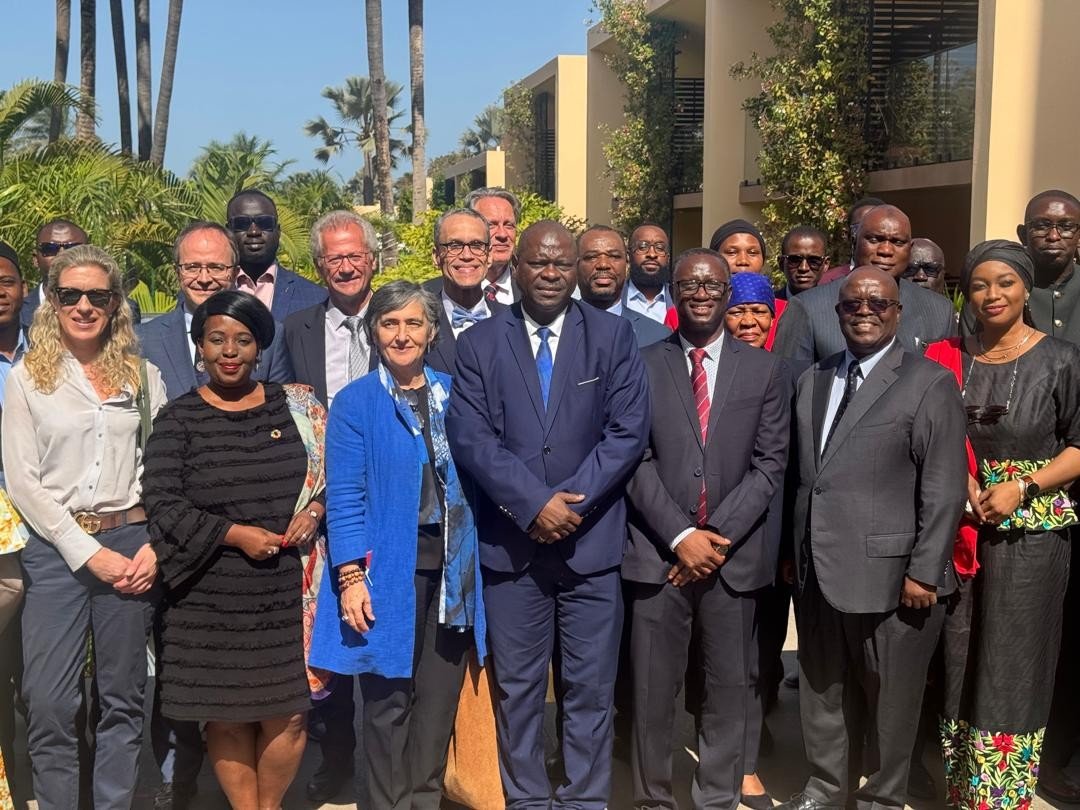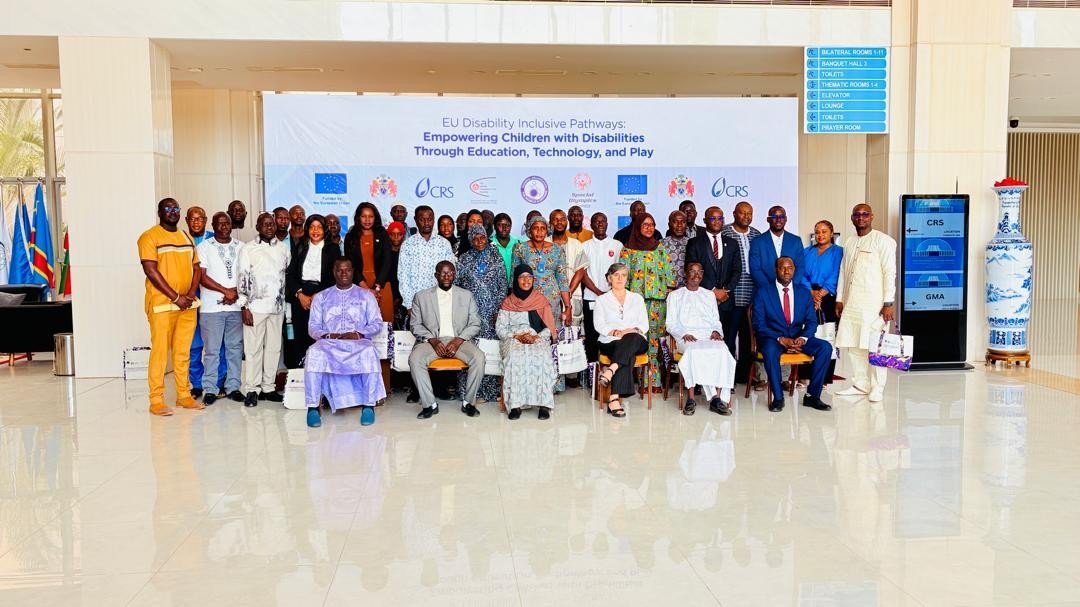The Chief of Defence Staff (CDS), Mamat O.A Cham, has issued a strong call for immediate action to address the significant gaps in soldiers’ welfare and their living and working conditions.
He criticised systemic failures and complacency during his final leg of a nationwide tour of military installations at the Joint Defence Headquarters in Banjul.
CDS Cham highlighted his key concerns, stating that he would no longer tolerate “unacceptable infrastructure where soldiers endure leaking accommodations and unfenced barracks”.
He also pointed out that bureaucratic failures, such as slow procurement processes and the acceptance of substandard supplies from vendors, worsen conditions for soldiers and need to be addressed promptly for their welfare.
Furthermore, Cham emphasised that a culture of complacency and laxity, characterised by the mindset of “this is how we used to do it”, hinders progress and excuses delays. He asserted that he would not tolerate this anymore.
“Lack of initiative is a significant hindrance; officers often wait for orders instead of proactively identifying and solving problems, particularly in emergency services,” he stated.
While Headquarters sets the vision and translates it into policy, the CDS stressed that “this is insufficient”.
“Commanding Officers and specialists, like engineers, must proactively develop concrete, time-bound plans and solutions such as specific building repairs and material lists, while Finance and Logistics are responsible for costing and executing these plans efficiently,” he asserted.
Cham emphasised that procrastination or delay in implementation is unacceptable, and solutions must be time-bound to break the cycle of unfulfilled promises.
Using an analogy from a Gambian village, he cautioned against the assumption that problems are solely someone else’s responsibility (like “the Alkalo’s”), highlighting that failures, like bushfires, impact everyone, hence all must contribute to solutions.
Despite limited resources, Cham stressed the importance of exploring partnerships with government agencies and the private sector, referencing Senegal’s successful ‘Pôle Social’ model that leverages credit unions and private operators.
He urged soldiers to remain committed to credit unions for a more promising future.
Finally, the CDS declared that an officer’s knowledge or degree is worthless without the right character, commitment, and dedication to the army, asserting that character is paramount.
He framed this as a critical shift in philosophy, moving beyond mere discussion to demanding proactive solutions, efficient execution, and shared responsibility to improve the dire conditions facing soldiers.






